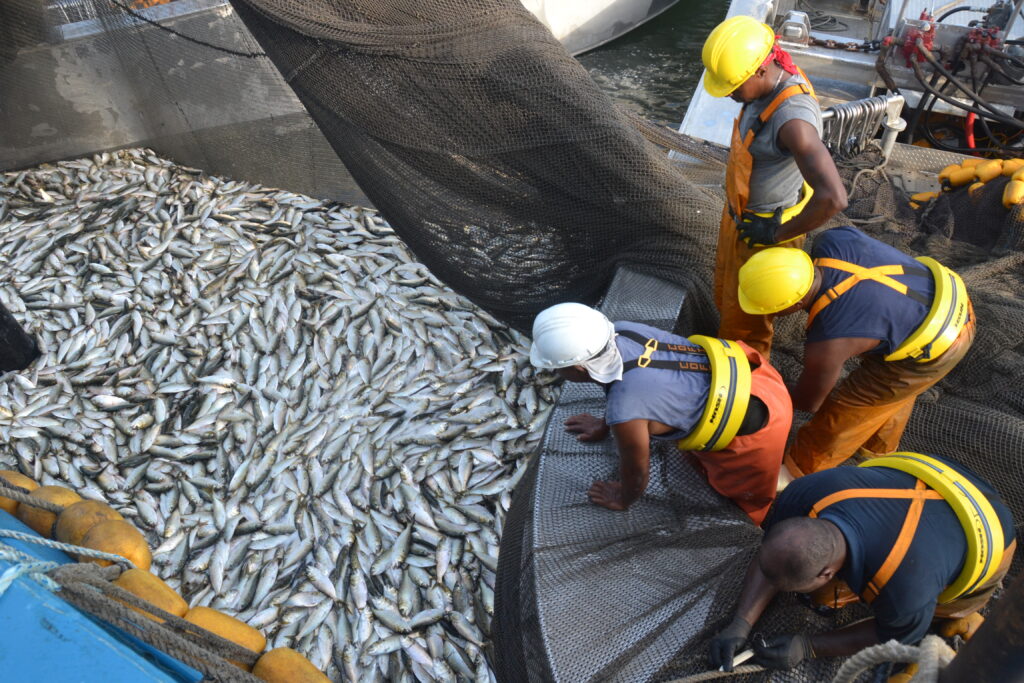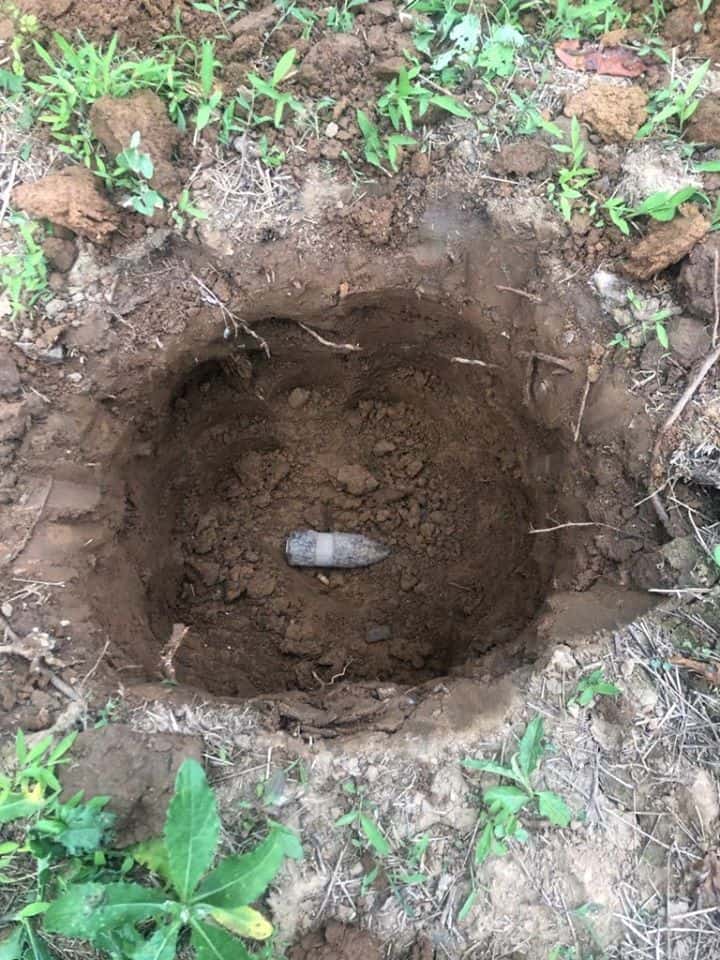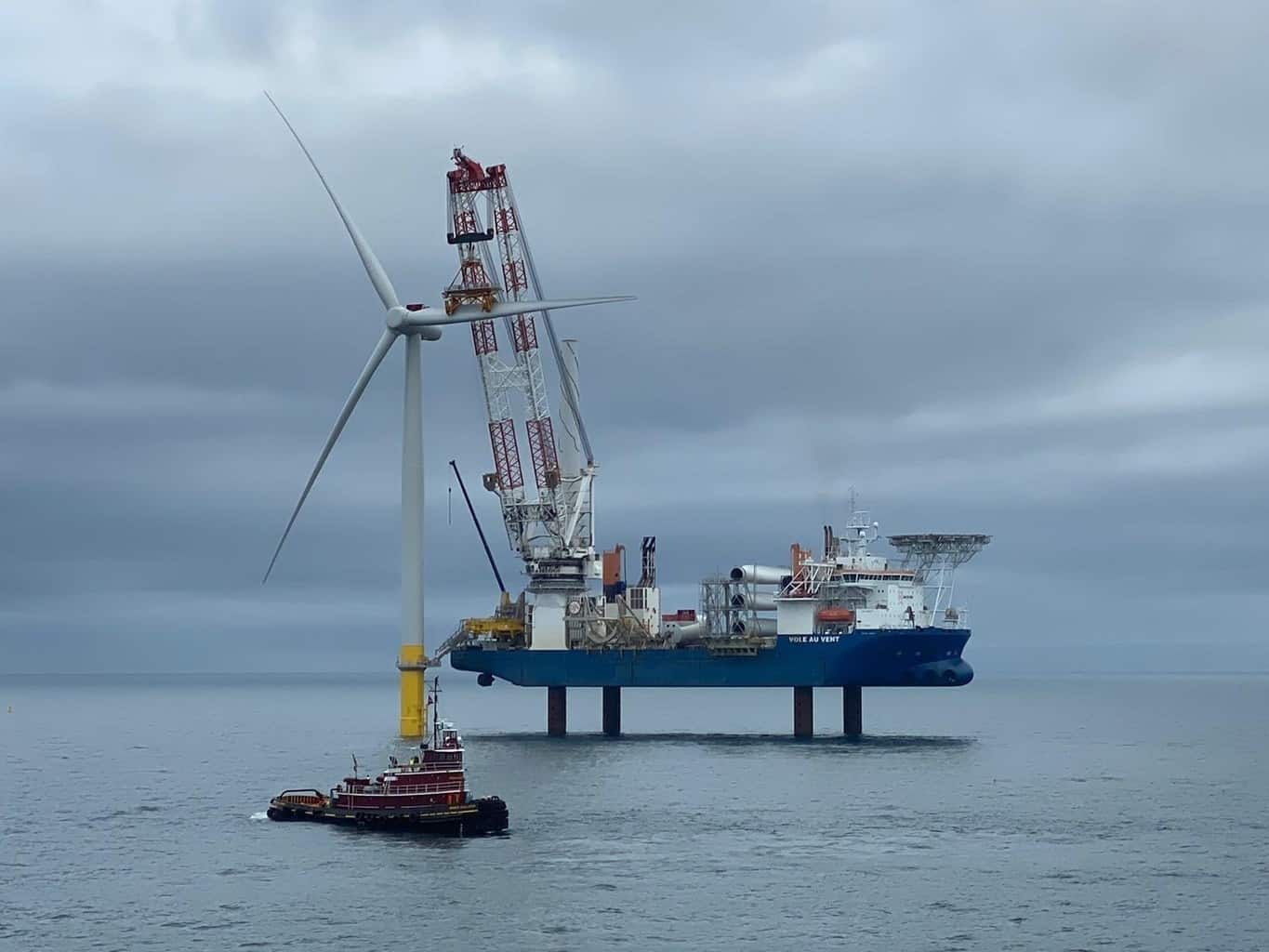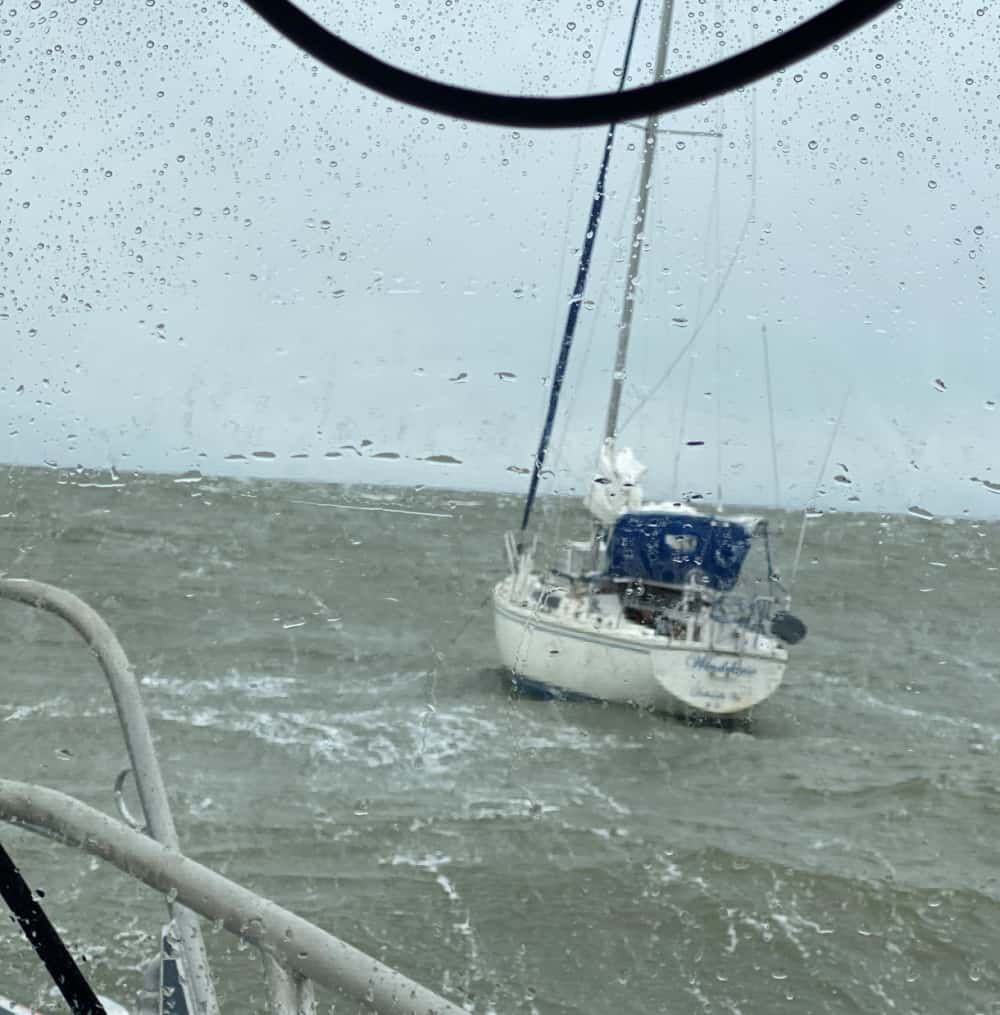Lawmakers in Virginia seek to settle once and for all the fight over menhaden: are they overfished inside the Chesapeake Bay? And is large-scale menhaden fishing really affecting predator species like striped bass?
A bill filed Jan. 10 in the Virginia legislature calls for a three year study to look deeper into these questions. But they won’t get their answers this year: by Jan. 30, the House of Delegates Studies Subcommittee unanimously pushed consideration of House Bill 19 into next year.
The proposed House Bill 19 would address ongoing ecology, fishery impacts and economic issues with Atlantic menhaden in state waters.
The bill calls for a three year study conducted by the Virginia Institute of Marine Science (VIMS), in collaboration with Virginia Marine Resources Commission (VMRC), and with the cooperation of all relevant stakeholders. That includes recreational anglers, Omega Protein (the lone company in the state’s reduction fishery), bait fishery sectors, and nongovernmental organizations. All would participate in the three year study.
The bill is sponsored by Del. R. Lee Ware of Powhatan and calls for the study to be completed by Oct. 1, 2027. But the study has now been set aside until 2025. If approved, VIMS would report its findings and any recommendations to the Chairmen of the Senate Committee on Agriculture, Conservation and Natural Resources, the House Committee on Agriculture, Chesapeake and Natural Resources, and the Secretary of Natural and Historic Resources by the completion date.
The bill spells out nine areas VIMS is to address in the study. It incudes a review of the seasonal abundance of Atlantic menhaden in the Chesapeake Bay; the movement rates of Atlantic menhaden between the Atlantic coast and Chesapeake Bay; and the impacts of predator demand and consumption of Atlantic menhaden on the menhaden population.
It would also address the spatial and temporal patterns of the Atlantic menhaden commercial fishing efforts in the Bay; the possibility of localized depletion of Atlantic menhaden; changes in recreational fisheries; and the economic impact of management decisions on the Atlantic menhaden fisheries and related industries.
The social and economic importance of Atlantic menhaden in the Chesapeake Bay region would be part of the study along with the bioeconomic impact of commercial and recreational fisheries that are removing Atlantic menhaden from the waters of the Commonwealth.
Last year, menhaden were on the House agenda too as Delegate Tim Anderson of Virginia Beach proposed Bill 1383 to shut down Virginia’s menhaden reduction fishery in all of the state’s territorial ocean and bay waters. The Agriculture, Chesapeake and National Resources Committee voted 22-0 to table and “pass by indefinitely”.
This past August, a coastwide assessment of the menhaden fishery found it was not overfished. As recently as December, a coalition of sportfishing and environmental groups launched a petition to partially shut down the fishery, saying they believe menhaden are overfished within the Bay and Omega Protein’s reduction fishery is impacting predators like striped bass and osprey.
Chesapeake Bay Foundation Virginia Executive Director Chris Moore called the decision to delay consideration of the study bill “supremely disappointing.”
In a statement, Moore says, “The lack of a menhaden study leaves far too many questions unanswered and far too many of the Commonwealth’s resources expended over the last year wasted…By opposing funding for these important research questions, Omega Protein once again proves they are not acting in good faith for the Chesapeake Bay, but rather only for their own pockets.”
Omega Protein released a statement rejecting Chesapeake Bay Foundation’s assertion that the fish processing company lobbied against the bill.
Omega’s statement reads, “Regarding Del. Ware’s HB 19, despite our concerns that these proposed projects would not answer the primary question most people are after; i.e., “How many menhaden are in the Bay? and What should the Bay menhaden harvest be?”, we took no position on the bill. I can say with certainty that no one from our team lobbied against Del Ware’s bill. Accusations from special interest groups like the Chesapeake Bay Foundation stating that we opposed the legislation are false.”




